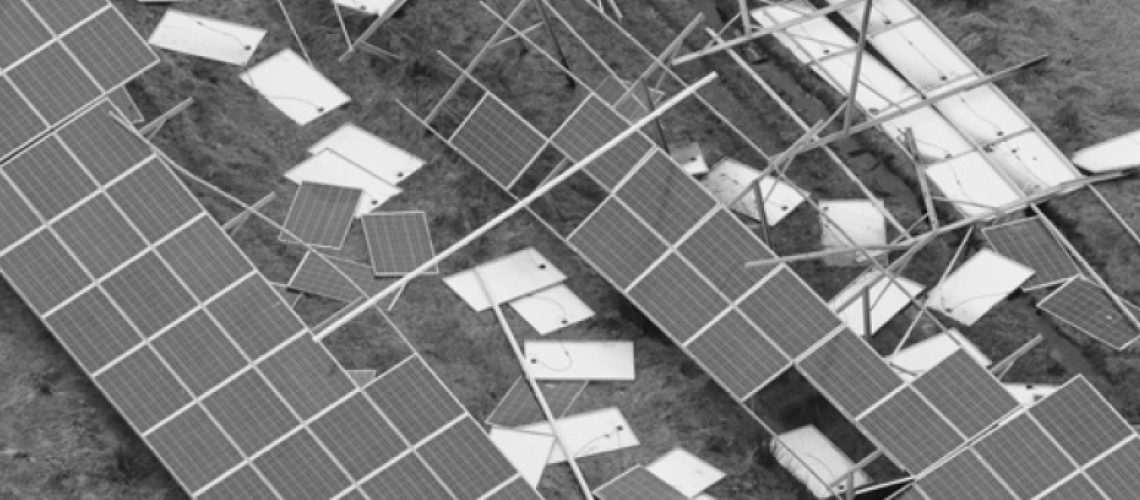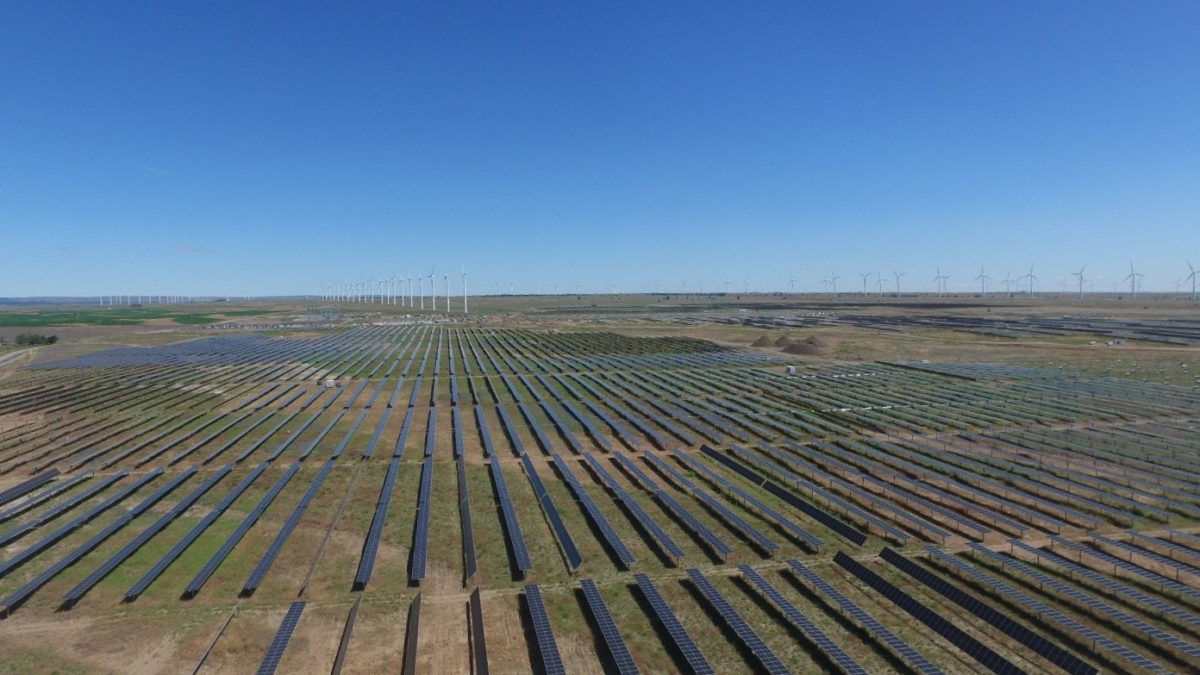The financial impacts of extreme weather and natural catastrophe events are outpacing the development of mitigation strategies in the North American renewables market, concludes the latest market insights report from GCube Insurance.
In its “North American Nat Cat Update,” GCube reports that market correction hasn’t gone far enough to address the growing severity of natural catastrophe and extreme weather events. A softening of rates could jeopardize the sustainable growth of U.S. wind and solar faced with these evolving risks.
The U.S. renewables market has just experienced its worst summer on record for natural catastrophe claims, with unmodelled extreme weather events proving far more prevalent and damaging than traditional natural catastrophe. In particular, hail losses experienced this year in Texas are projected to reach $300 million — almost 10-times the estimated losses from 2020’s Hurricane Hanna.
While total claims values are still being calculated, multiple instances of losses exceeding sub-limits of up to $50 million, due to extreme weather events like hail, tornadoes and derechos, make clear the need for improved modeling and the more effective use of existing weather data. Solar technologies, for example, have proven particularly vulnerable to hail, exposing weaknesses in the sector’s current standards of impact testing.
Furthermore, speaking at GCube’s annual advisory council meeting in September, leaders from the U.S. renewable energy insurance market highlighted concerns around the “perfect storm” of issues that are exacerbating the total cost of natural catastrophe claims. The supply chain challenge in particular is keenly felt in the U.S. market, with significant financial implications tied to increased downtime and component costs.
“While the increasing frequency of extreme weather and natural catastrophe events is not surprising to us, the rising severity of losses, and the industry’s continued difficulty in managing these risks, is a concerning trend,” commented Fraser McLachlan, CEO of GCube. “The unprecedented growth potential unlocked by the Inflation Reduction Act will count for little if the North American renewables sector is unable to combat extreme weather risks.
“Concerted effort is needed across the value chain to strengthen policies, improve data utilization, and update modeling and testing procedures, and support sustainable growth for the sector,” he continued. “Our latest report issues a clear call for collaboration in the U.S. renewables industry to develop measures to combat the fallout of extreme weather, and support a stable, successful energy transition.”
News item from GCube






